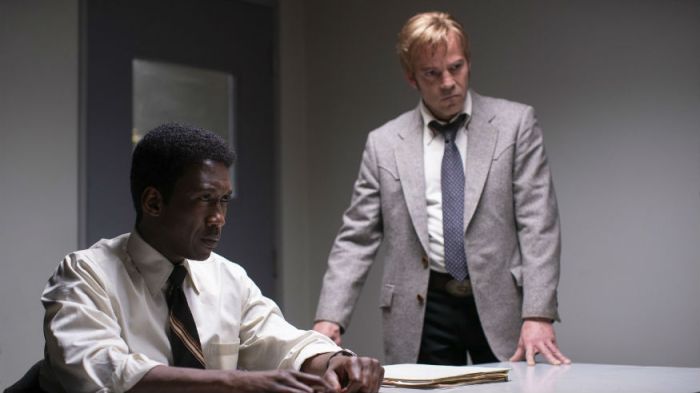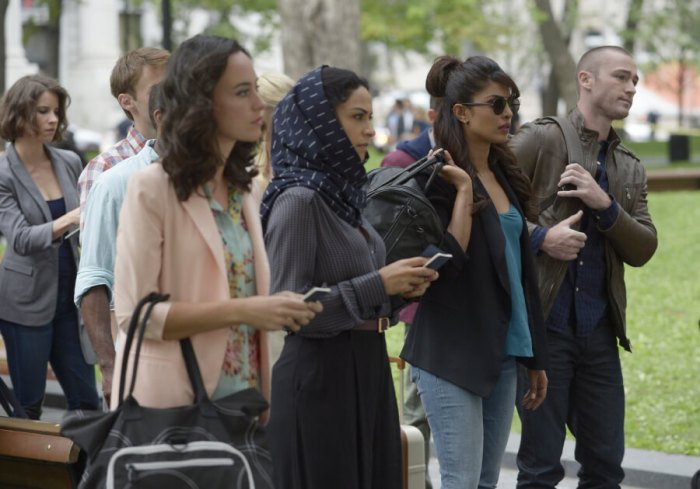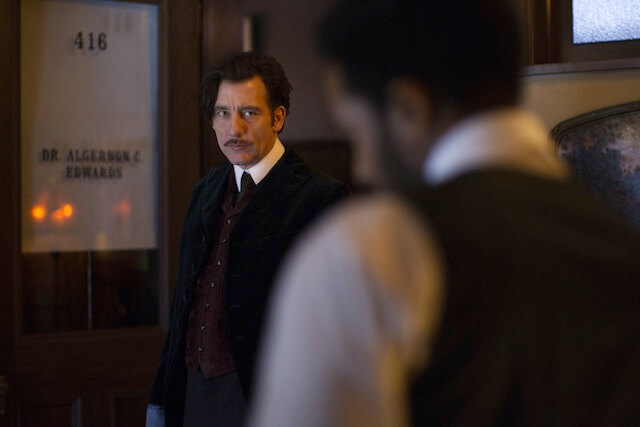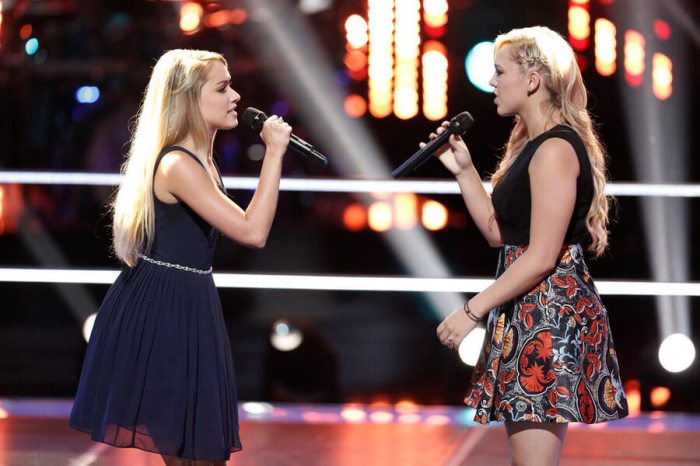‘Better Call Saul’ “Nacho” is the first episode after “Better Call Saul”’s two-part opening, meaning it has a couple token tasks: it has to be a lighter come-down after an intense start; it has to do some mild (that is, not too intense) world-building; and it has to establish the show’s loosely official tone. It does all of these. Save for the cliffhangerish ending, this one offers a more or less self-contained story that spins a familiar crime story trope — the lawyer who has to protect a dangerous client from a case in which he or she is, this time at least, innocent — in a goofy-scary fashion that is apparently, hopefully somewhere approaching the show’s voice from here on out. First off, everything happens because Bob Odenkirk’s Jimmy McGill (not yet Saul Goodman) gets a little drunk. Anxious while nursing some bourbon, he winds up causing a problem that deposits one of his more frightening clients — Nacho (Michael Mando) — in police custody. Nacho’s innocent but also hotheaded, and he tasks Jimmy with getting him out or else — which means tracking down an AWOL family who may have been kidnapped, murdered or just in hiding. In many ways Jimmy is not Saul, but you can already spot the seeds for his eventual blooming. He’s not yet even close to the assured sweet talker who, in his debut appearance on “Breaking Bad,” could effortlessly convert reckless wouldbe drug lords into his service. He can’t just make things happen with minimal effort. But he does make things happen — just in a fumbling, sometimes darkly comic way. Early on he tries to warn the to-be-missing family about the evil forces en route, which he does from a middle-of-nowhere pay phone through a makeshift voice disguiser (just a paper towel cardboard roll and some stuffing). This straddles the line between seriousness (a family in harm’s way) and broad comedy. In fact, it’s reminiscent of a memorable Mr. Show sketch featuring Bob, in which he plays the world’s most incompetent kidnapper. At least Jimmy isn’t that terrible. RELATED: Read our recaps of ‘Better Call Saul’ Season1, Episode 1 and Episode 2. There’s some world-building too. There was a fear in the first two episodes — which still persists — that incorporating “Breaking Bad” favorites into this spin-off world would be clumsy fan service a la the “Star Wars” prequels, which shoe-horned C3PO and R2D2 into the storyline, despite their appearances not making much sense. Word that Aaron Paul’s Jesse may swing by next season make this more of a threat, but so far the mixing in is fairly organic. The presence of Jonathan Banks’ beloved Mike Ehrmantraut (which I can finally spell off the top of my head, no copy-and-pasting) works because it plants the seeds for the bigger criminal empire of which both will become major players. And you can sense a mini-tragedy of a man who now has more backstory. He’s a grumpy, rules-Nazi who works at a parking garage now, but as he reveals to Jimmy, he used to be a Philly cop. There’s a hunger there to get back in some kind of game, just as — thanks to the flashback cold opening — you discover Jimmy has a far seedier past than one might have assumed, and which will no doubt inform how he becomes Saul. Not that offering yet another origin story is the show’s only, or even main, draw. So far “Better Call Saul” is fascinating for combining things that don’t normally go together: wacky farce and patient, not-quite-solemn pacing and shooting styles. It’s still little more than a sillier “Breaking Bad” — a microcosm whose danger is still more talk than action but which is nonetheless filmed and edited in the same precise, orderly fashion as its parent show. It will be interesting when it goes off in its separate way, not simply tying back up with “Bad.” Grade: B+
Follow Matt Prigge on Twitter @mattprigge
Season 1, Episode 3, ‘Nacho’
TV Recap: ‘Better Call Saul’ is more silly than menacing in its third episode
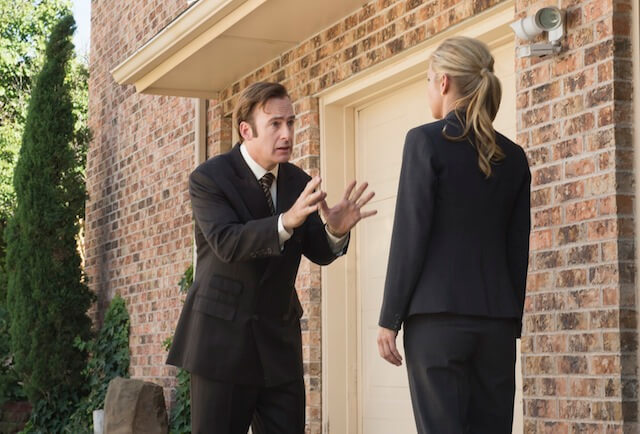
Ursula Coyote/AMC











